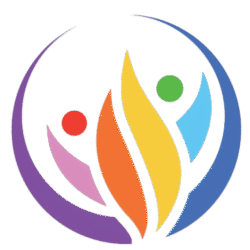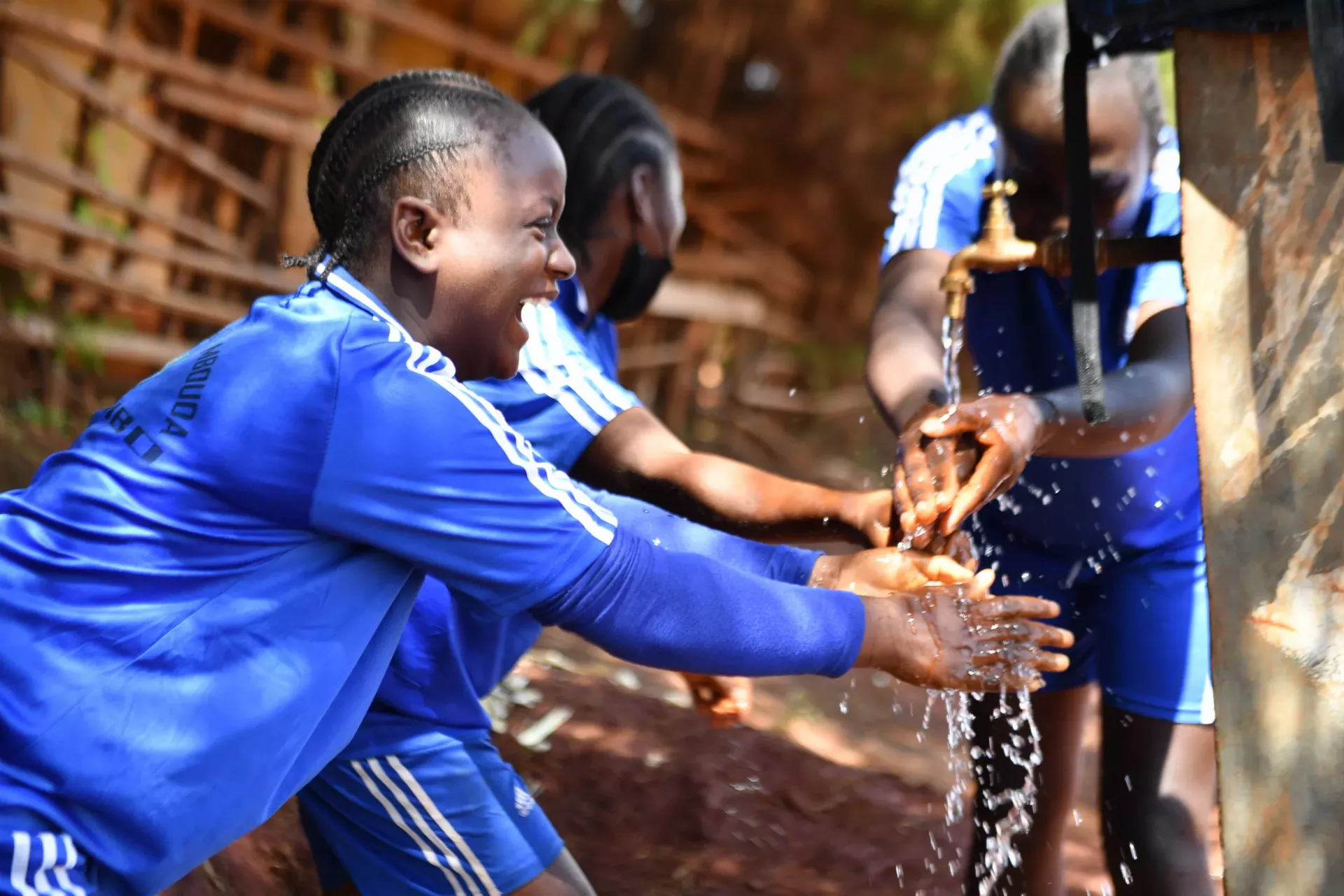Access to clean water, proper sanitation, and good nutrition is fundamental for healthy communities. FACMEF integrates WASH initiatives and nutrition programs into healthcare services to reduce infections, prevent malnutrition, and promote healthy growth, particularly among children and vulnerable families.
By combining education, infrastructure, and community engagement, we create safer and healthier living environments that empower communities to maintain long-term wellbeing.
Our Activities
1. Community Handwashing Stations & Hygiene Promotion 🧼
-
Installation of handwashing stations in public areas, schools, clinics, and marketplaces.
-
Educate communities on proper handwashing techniques to prevent disease transmission.
-
Conduct awareness campaigns targeting families, children, and local leaders to promote daily hygiene practices.
-
Encourage the use of soap, clean water, and sanitary facilities to reduce infections.
2. Safe Water Access & Treatment Education 🚰
-
Provide access to safe, potable water through boreholes, wells, and purification systems.
-
Teach communities water treatment methods such as boiling, filtration, and chlorination.
-
Promote safe water storage at homes and schools to prevent contamination.
-
Partner with local authorities to maintain water infrastructure and ensure sustainability.
3. School-Based Hygiene Education 🏫
-
Implement hygiene programs in schools to instill lifelong healthy habits in children.
-
Conduct workshops on handwashing, menstrual hygiene, sanitation, and disease prevention.
-
Provide schools with clean water facilities, toilets, and hygiene materials.
-
Organize student clubs and competitions to encourage peer-to-peer learning and active participation.
4. Nutrition Workshops for Mothers & Caregivers 🥗
-
Educate mothers and caregivers on balanced diets, breastfeeding, complementary feeding, and micronutrient intake.
-
Provide practical sessions on preparing nutritious meals using locally available foods.
-
Address common nutritional misconceptions and promote sustainable dietary practices.
-
Support caregivers in monitoring child growth and development.
5. Malnutrition Screening & Intervention ⚕️
-
Conduct regular nutritional assessments for children, pregnant women, and at-risk families.
-
Identify cases of acute and chronic malnutrition, providing immediate intervention.
-
Distribute nutritional supplements, fortified foods, and therapeutic feeds when necessary.
-
Collaborate with healthcare providers to ensure follow-up care and monitoring.
6. Community Empowerment & Capacity Building 🌱
-
Train community health workers and volunteers on WASH and nutrition practices.
-
Promote community-led hygiene and nutrition committees to sustain programs.
-
Encourage behavioral change campaigns to embed healthy habits in daily life.
-
Strengthen local knowledge for long-term health improvements.
Why WASH & Nutrition Matter 🌍
-
Prevents infectious diseases: Proper sanitation and hygiene reduce diarrheal diseases, cholera, and other infections.
-
Promotes healthy growth in children: Adequate nutrition and hygiene prevent stunting and malnutrition.
-
Empowers communities: Education and access to clean water enable communities to take charge of their health.
-
Improves school attendance and learning: Healthy children attend school more regularly and perform better academically.
-
Supports maternal health: Proper nutrition and hygiene practices contribute to safer pregnancies and healthier mothers.
Expected Impact 💚
-
Reduced incidence of waterborne and hygiene-related illnesses.
-
Improved child growth, health, and development outcomes.
-
Communities equipped with knowledge, infrastructure, and sustainable WASH practices.
-
Mothers and caregivers empowered to make informed decisions about nutrition and health.
-
Healthier families and safer environments, leading to stronger, resilient communities.
Integrating WASH and nutrition ensures that children not only survive but thrive, laying the foundation for a healthier and brighter future.

